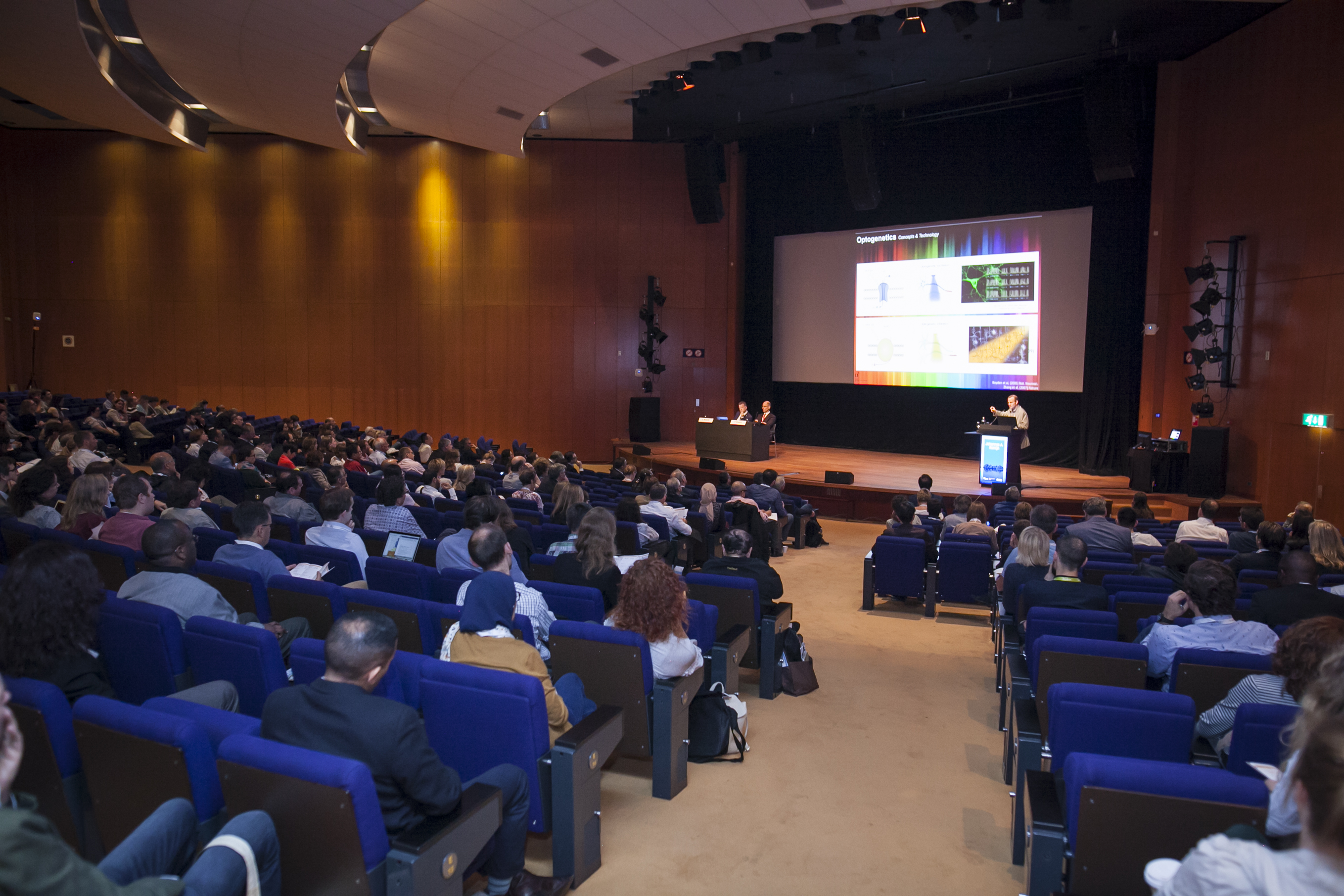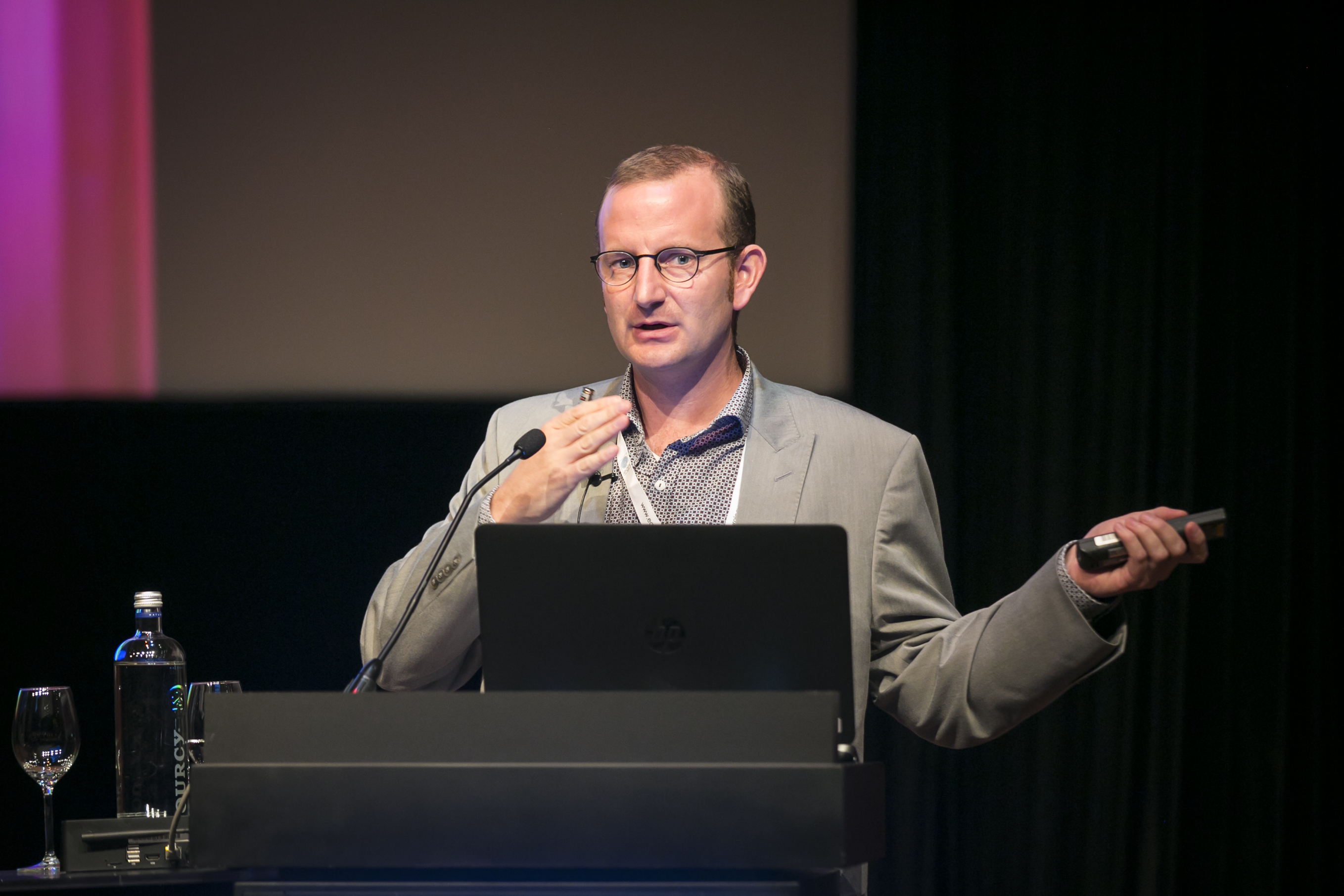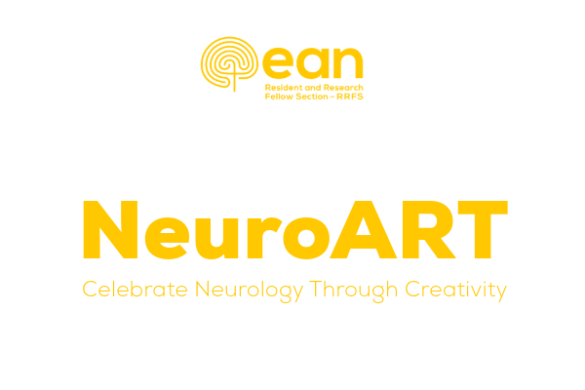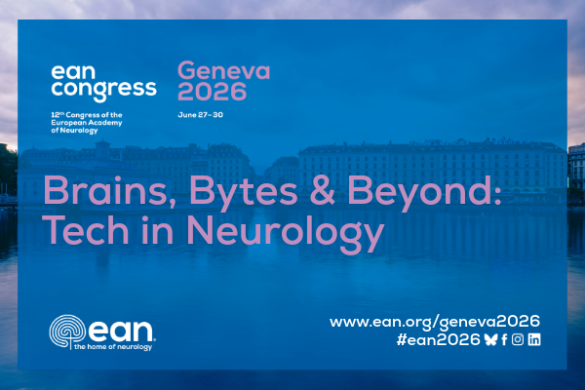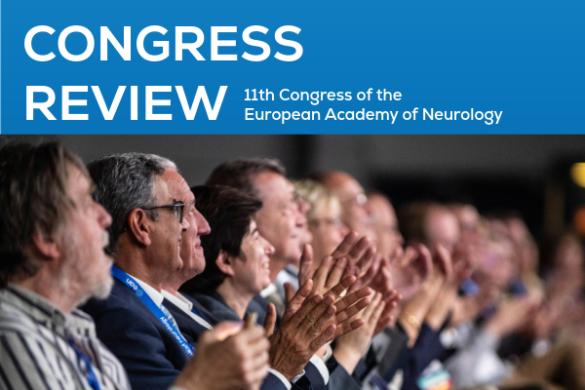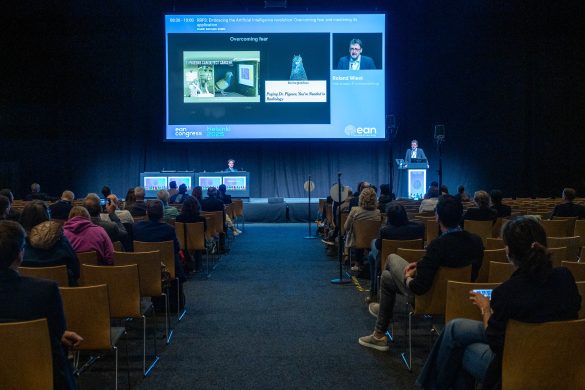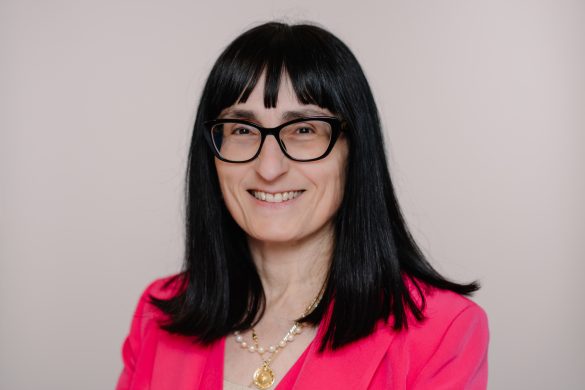Syposium 4: Neuroscience of sleep
Forum, Saturday, June 24, 2017, 10:30-12:30
Chairperson:
Pierre Maquet, Liege, Belgium
Claudio Bassetti, Bern, Switzerland
Effects of sleep/circadian disruption on cognition
Pierre Maquet, Liege, Belgium
Sleep deprivation and diabetes/obesity
J A Hans Romijn, Amsterdam, The Netherlands
Memory consolidation during REM sleep
Antoine Adamantidis, Berne, Switzerland
Synaptic function and sleep
Vladyslav Vyazovskiy, Oxford, United Kingdom
The session started with a very comprehensive introduction on the neuroscience of sleep by Pierre Maquet from Belgium. He discussed the role of REM sleep, the importance of sleep in general and in the context of the increase in shift work, as well as the effect of shift work in terms of sleep deprivation, workplace accidents and overall performance. He concluded his presentation by summarising the enormous impact of sleep and wakefulness regulation on memory cortical excitability, cardiovascular health, brain proteostasis, neurodegeneration, immunity/cancer and cognitive performance.
Hans Romijn from The Netherlands then explained the role of intrinsically photosensitive ganglion cells. These project to the brain and the suprachiasmatic nucleus, which serves as a central biological clock. Among the many consequences of sleep deprivation, his presentation focused on the increased risk of developing metabolic disorders as a result of insulin resistance, disrupted glucose metabolism and circadian misalignment. He discussed diurnal rhythms, including the effect on cortisol levels. Sleep loss has a direct impact on endogenous and exogenous factors that increase energy intake. Finally, he gave a nice overview of prospective studies, showing the ways in which short sleep duration increases the risk of obesity, type 2 diabetes and hypertension.
Antoine Adamantidis from Switzerland spoke mainly about REM sleep and its role in memory consolidation. He explained sleep-wake circuits, with a recommended amount of 7 hours of sleep in adults. He also looked at the fascinating role of optogenetics in sleep research, which allows for the control and study of cells using light. He highlighted the role and generation of theta rhythm in memory consolidation during REM sleep using sequences of animal studies addressing this topic.
Vladyslav Vyazovskiy from the UK spoke about the topic of synaptic function and sleep. He touched on the sleep homeostasis hypothesis (“the longer you stay awake, the deeper is your subsequent sleep”), synaptic scaling in sleep and the use of EEG power spectra measuring slow wave activity in humans and mice. Furthermore, he showed that GluR1 levels are high after wakefulness and low after sleep, before going on to discuss his findings on sleep, exercise and memory in Gria1-/- KO mice using EEG. He outlined the evidence that sleep spindle events might be hyper-local events and the importance of further investigation of spatio-temporal patterns of slow waves and spindles during sleep.
By Anna Sauerbier
